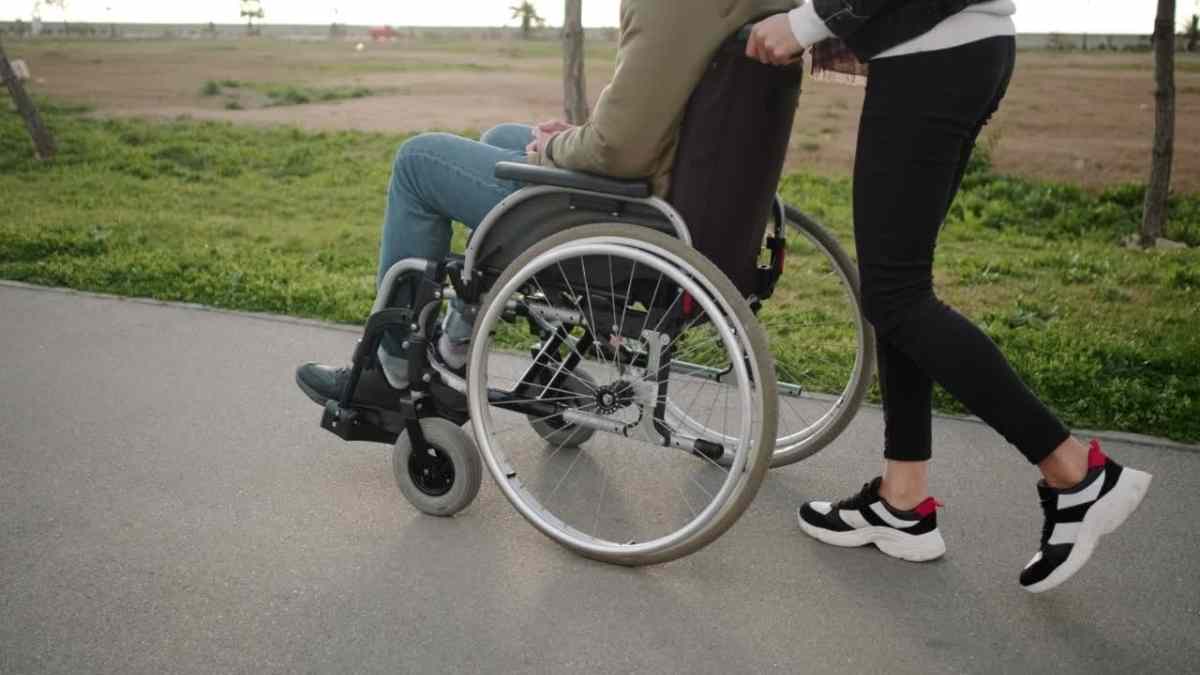Disability benefits are not over in September for SSDI recipients. However, SSI beneficiaries will have to wait until next month to get money from the Federal government.
SSDI checks and direct deposits will be issued on September 25, the last payday this month. To get it you must meet all the requirements, and one of them is not receiving SSI.
SSDI eligibility for the next payment date in September
To receive money on September 25 you must have been born from the 21st to the 31st. It does not really matter the month you were born as long as you filed and got approval from Social Security.
SSDI payments on the 25 will be only for those disability beneficiaries whose benefits started after April 30, 1997. So, if you got Social Security Disability Insurance before May 1997, this will not be your next payday.
If you are in this situation, your next payment will be sent on October 3. October 3 will also be your next payday if you are getting SSI and Disability Insurance simultaneously. SSI checks will not be sent until October 1. After this one, there will be a new one on November 1, 2024.
SSDI and SSI payment amounts in September and October
The amount of your SSDI check or direct deposit will depend on many different factors. There is not a fixed amount for all recipients. So, the longer you worked, the higher your wage and the later you filed, the more money you will receive.
As a matter of fact, an SSDI recipient can collect a payment of up to $3,822. On average, disability recipients get about $1,539. SSI payments are much lower, both average and maximum amounts.
For example, if you receive the largest SSI check, you can get up to $1,415 if married and both eligible. Individuals can just receive $943. The average payment for all SSI recipients is $698.
Eligibility requirements for SSI and SSDI beyond the birth date criteria
For SSI:
- You must be aged (65 or older), blind, or disabled.
- You must have limited income and resources.
- You must be a U.S. citizen, national, or qualified noncitizen. Most noncitizens must meet additional conditions.
- You must reside in one of the 50 states, D.C., or the Northern Mariana Islands.
- You must not be absent from the U.S. for a full calendar month or 30+ consecutive days.
- You must apply for other cash benefits you may be eligible for.
For SSDI:
- You must be disabled according to Social Security’s adult definition of disability.
- You must be “insured” by having enough work credits (generally 40 credits, 20 of which were earned in the last 10 years). Younger workers may qualify with fewer credits.
- You must be a U.S. citizen or lawfully present noncitizen.




